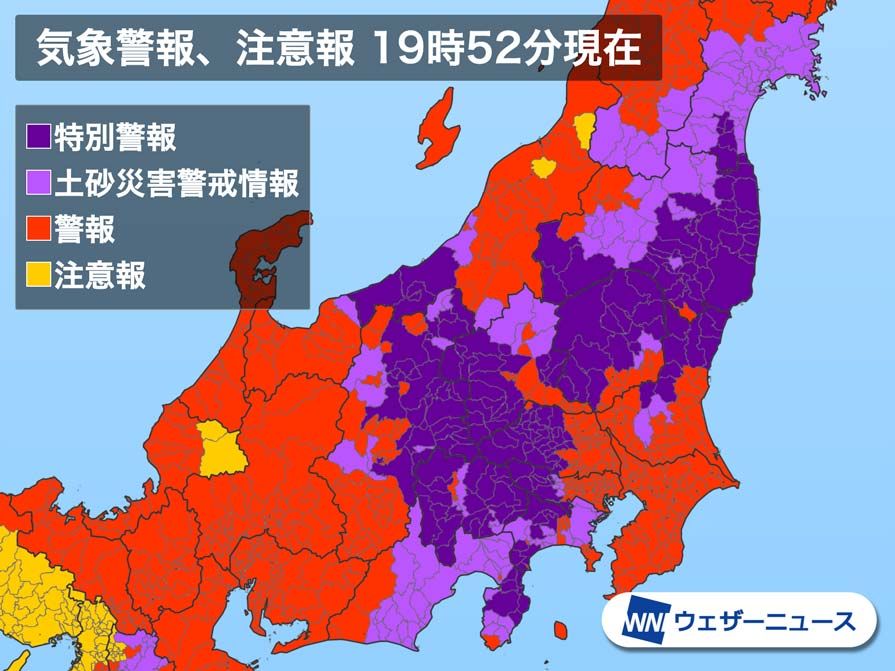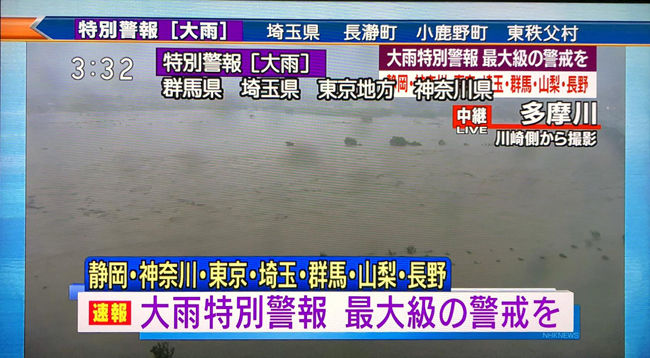18日から19日、関東地方や東北地方などで雨がとてもたくさん降りそうです
This sentence is taken from a news article.
I know that など means "and so on," "etc," and や means that there may be more things or people implied.
But this kind of language doesn't seem precise enough. However, it's often used in news. In the article about rain, they encourage people from the regions to be careful. Isn't it necessary to be precise about which regions must be on the alert? (Kanto and Tohoku clearly must be careful, but which place exactly is meant by など?..)
I wonder how Japanese people would interpret this particular など. Could it mean a place like Hokkaido, for example, which is not too far from Tohoku? If it could, why isn't it necessary to mention it so that there is no room for ambiguity and guesses?


